1 Introduction
Summary
- Introduction 1:1–17
- Condemnation 1:18–3:20
- Justification 3:21–5:21
- Sanctification 6:1–8:39
Sanctification
- dealt with in great detail
- transition from condemnation to restoration
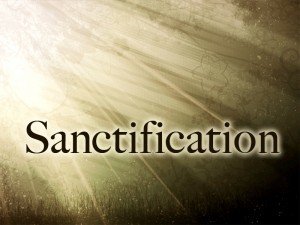
Romans 6:1–4
What shall we say then? Are we to remain in sin so that grace may increase? 2 Absolutely not! How can we who died to sin still live in it? 3 Or do you not know that as many as were baptized into Christ Jesus were baptized into his death? 4 Therefore we have been buried with him through baptism into death, in order that just as Christ was raised from the dead through the glory of the Father, so we too may live a new life.
Romans 6:5–7
For if we have become united with him in the likeness of his death, we will certainly also be united in the likeness of his resurrection. 6 We know that our old man was crucified with him so that the body of sin would no longer dominate us, so that we would no longer be enslaved to sin. 7 (For someone who has died has been freed from sin.)
Romans 6:8–11
8 Now if we died with Christ, we believe that we will also live with him. 9 We know that since Christ has been raised from the dead, he is never going to die again; death no longer has mastery over him. 10 For the death he died, he died to sin once for all, but the life he lives, he lives to God. 11 So you too consider yourselves dead to sin, but alive to God in Christ Jesus.
Romans 6:12–14
12 Therefore do not let sin reign in your mortal body so that you obey its desires, 13 and do not present your members to sin as instruments to be used for unrighteousness, but present yourselves to God as those who are alive from the dead and your members to God as instruments to be used for righteousness. 14 For sin will have no mastery over you, because you are not under law but under grace.
2 A Preposterous Possibility (1–2)
Question
What shall we say then? Are we to remain in sin so that grace may increase? 2 Absolutely not! How can we who died to sin still live in it? (6:1–2)
- Should a saint live in sin?

About the Law
- Why was the Law given?
- not to defeat sin
- not even to reduce it
- to INCREASE it
- makes sin more evident

Grace also increases
- always surpasses and exceeds sin
- thus greater sin is, greater grace must be
- increased sin from the Law serves to increase the grace
- sin always seeks to use that which is good to promote evil

Paul's question
- he does not promote this
- others do
- grace as a pretext for practicing sin

Paul's response
- "May it never be!"
- shock, disappointment, horror
- misuse of truth
- grace always outruns sin
- cannot become an excuse for doing evil
- no continuity with the sins of the past
- inconsistent with the work of the Cross



Clear response
- liberation from sin
- justification is not a license to sin
- declared righteous
- also to live righteously


3 Break with Sin (3–11)
Paul is speaking to Christians
- no distinction between Jew and Gentile
- only past as an unbeliever
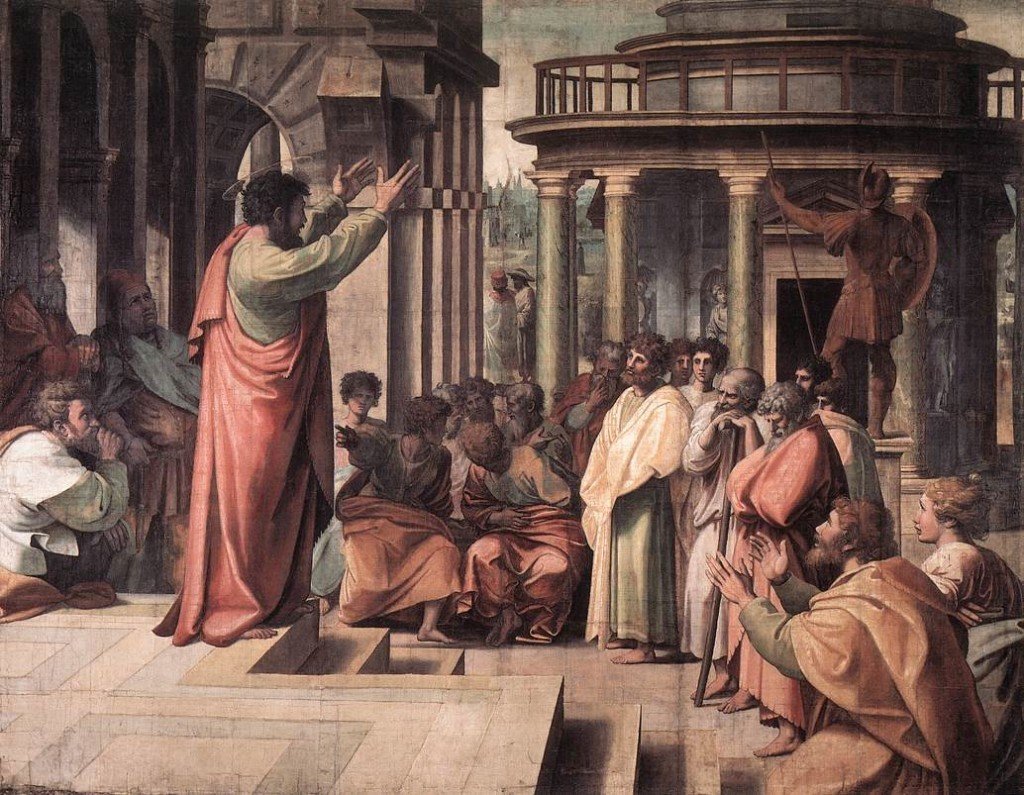
"Died to sin"
- we have died to sin
- vv 3-11 expound the origin of our death to sin
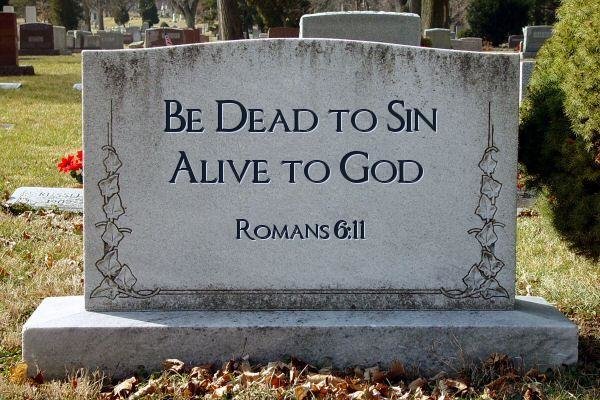
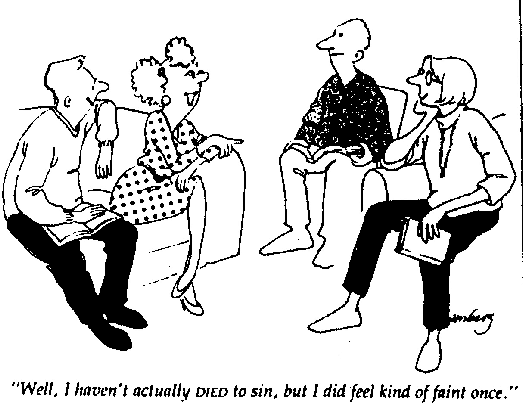
Lifestyle of the Christian
- conversion should change our conduct
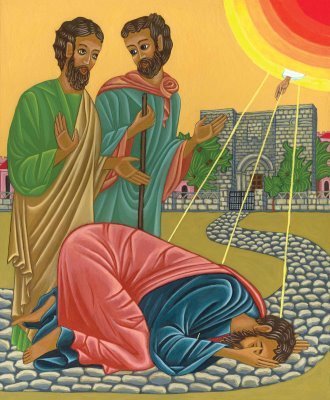

The basis is the Cross of Christ
- having taught justification by faith
- Paul does not leave the Gospel
- seeks to apply the gospel
- conduct consistent with conversion

Other
- every believer has been united with Christ and his work on the cross
- imagery used is that of baptism
- emphasis on the death of Christ and its implications

Implications of Union with Christ
- Rom 5, all humanity identified with Adam
- penalty of death for sin
- Jesus as the last Adam (1 Cor 15:45)
- salvation is for all who find their identity in him
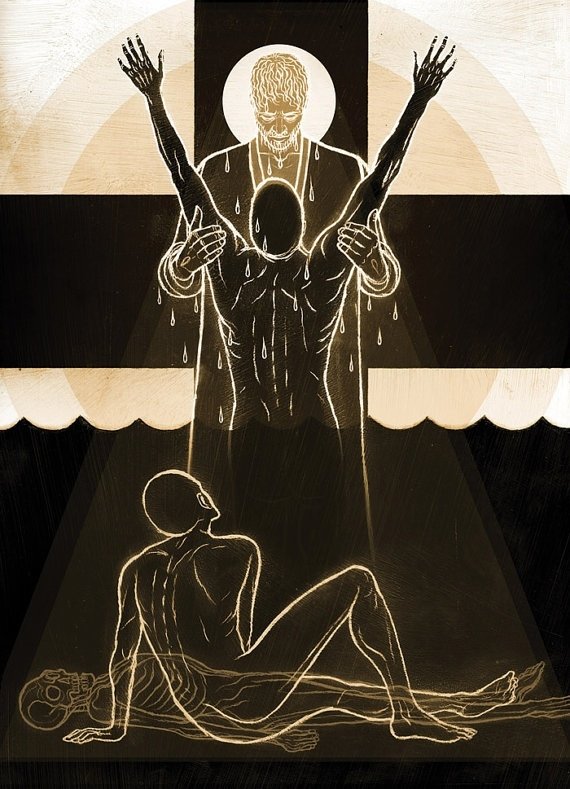
Baptism
- physical rite
- John the Baptist and repentance (Mt 3:5-6)
- Jesus' disciples, preparation of the coming kingdom (Jn 3:22)
- testimony of their repentance and faith in Jesus (Matthew 28:19; Acts 2:38; 9:18; 10:47-48; 19:5; 1 Corinthians 1:13-16)
- act of identification
- symbol of the baptism of the Holy Spirit
- joined with Christ in his death, burial, resurrection
- work of the Spirit of God in one's salvation (1 Cor 12:12; Gal 3:27)
- both are referred to
- emphasis on the latter
Union or identification with Jesus Christ
- baptized into his death
- the "old man" died in Christ
- our body rendered ineffective by our death in Christ
- Jesus' death
- death FOR sin
- also death TO sin
- separation from sin
- sin has no power over one who has died
- sin has no claim on us
Newness of life
- death could not hold Jesus
- Jesus raised to newness of life
- we are also raised to newness of life in Him

The Resurrection
- Christ's resurrection was "through the glory of the Father" (4)
- to live in sin is thus inconsistent
- the death of Christ ended an era
- ugly chapter of sin and destined for death
- the resurrection of Christ commences a whole new life
- death to sin "once for all"
- an endless succession of living toward God

4 Practical Implications
Control of Sin
- sin cannot reign in our mortal bodies
- must be brought under control
- members of our bodies
- once instruments of unrighteousness
- now presented to God as those raised from the dead
- now instruments to produce righteousness
- forsake sin
- also aggressively pursue righteousness
Transition verse
- v 14, concludes baptism
- starts imagery on slavery
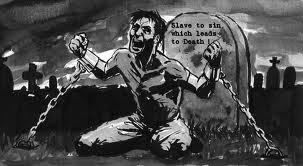
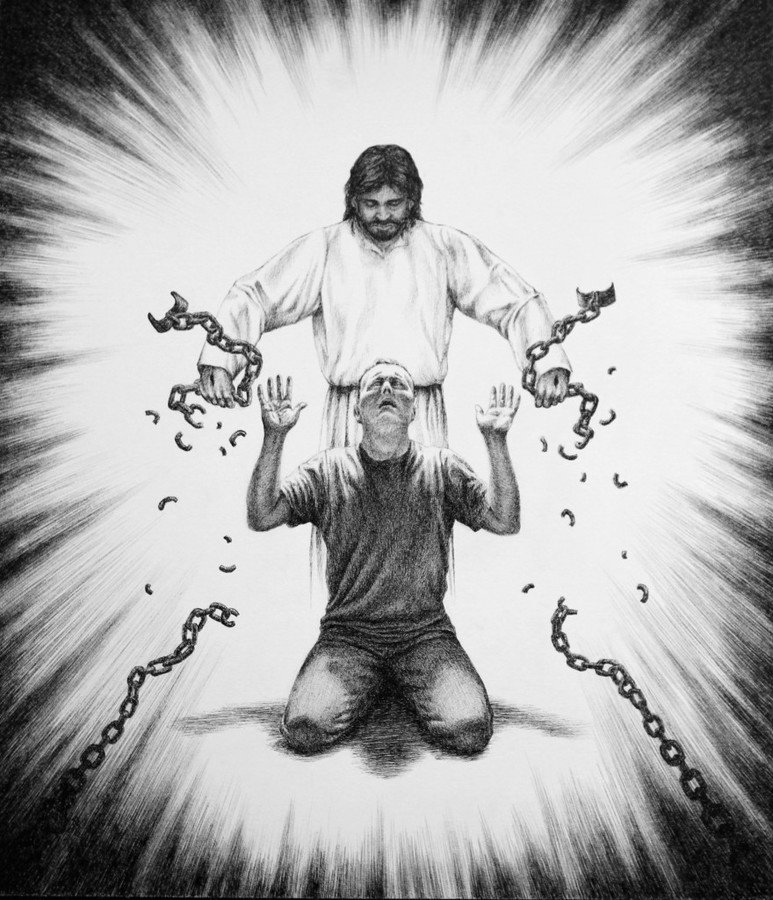

5 Conclusion
Human sin corrupts God's creation
- impact of Adam's sin
- God cannot tolerate sin
- grace becomes an excuse and mandate for sin
- sin blinds the unbeliever
- distorts the perspective of the believer

The cross is the basis for our conduct
- our conduct stems from a genuine conversion
- all are worthy of divine wrath
- WE are united with Christ in His death and resurrection
- sanctification is appropriate for those justified
- possible only for those who have been justified by faith
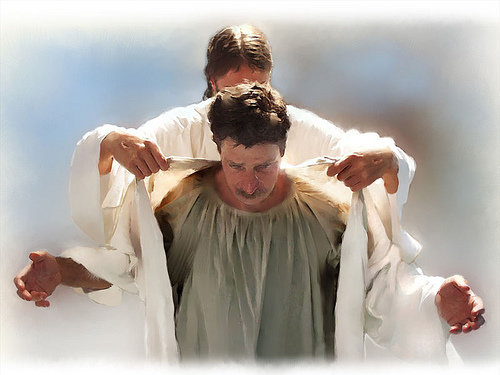
The cross is the standard for our conduct
- the possibility of living in sin is refuted
- Paul takes us back to the cross
- Christ died to sin
- he was raised to the newness of life
- if we have died to sin how can be live in sin?
- God saved unrighteous men
- not to continue to live in sin
- but to enable them to live in righteousness
- live in conformity to God's purposes and provisions
Warning against turning back
- such are called "dogs" and hogs"
- these are lost and were never saved (2 Pet 2:22)
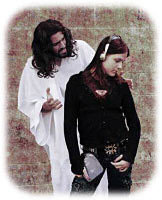
Salvation for those delivered from sins
- no forgiveness for those who continue in sin
- be wary of such perversions
- a diluted gospel is a polluted gospel

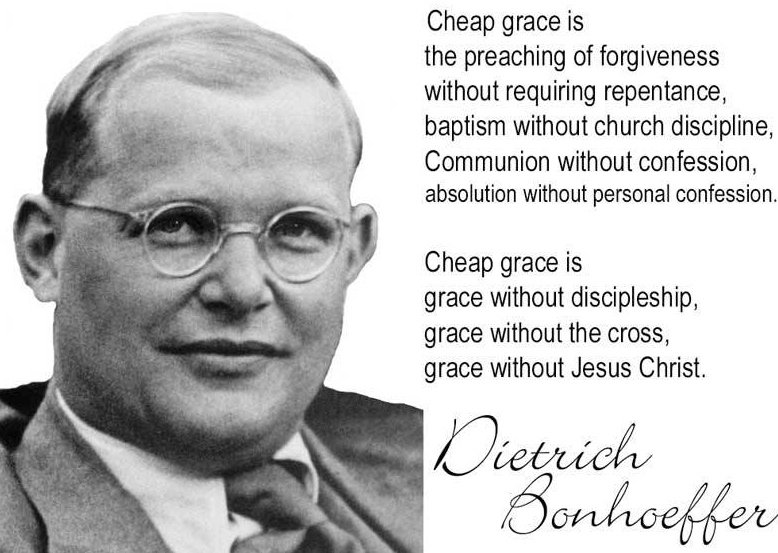
Conversion
- not a decision to "put God on our agenda"
- new birth that tears up "our agenda"
- rearranging our lives to conform to God's agenda
